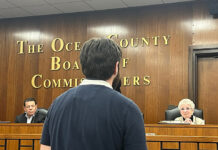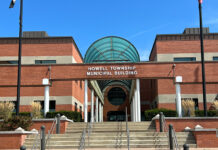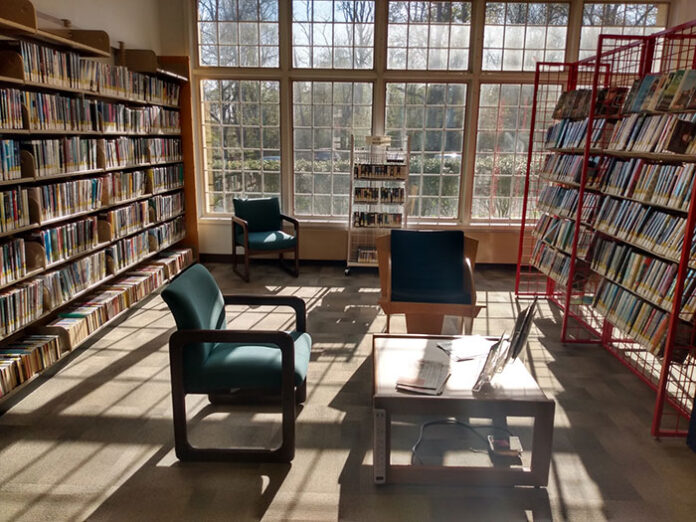
HOWELL – It has become commonplace to simply pick up one’s cell phone and within a matter of seconds, get an answer to the many questions that pop up during the day. Whether one is converting Imperial measurements to metric equivalents, remembering the actress who co-starred with Keanu Reaves in “The Matrix,” or checking to see when the dry cleaners open in the morning, we live in a time of instant information.
So, in an age where students now search the internet for their research projects, and the world’s information is literally at our fingertips, have libraries become obsolete?
“People could Google for their own information but what librarians are trained to do is to vet that information and to be able to qualify that information,” explains Judi Tolchin, Director of the Monmouth County Library System. “Librarians are trained with an expertise to look through that information, check on the sources, and verify that information.”
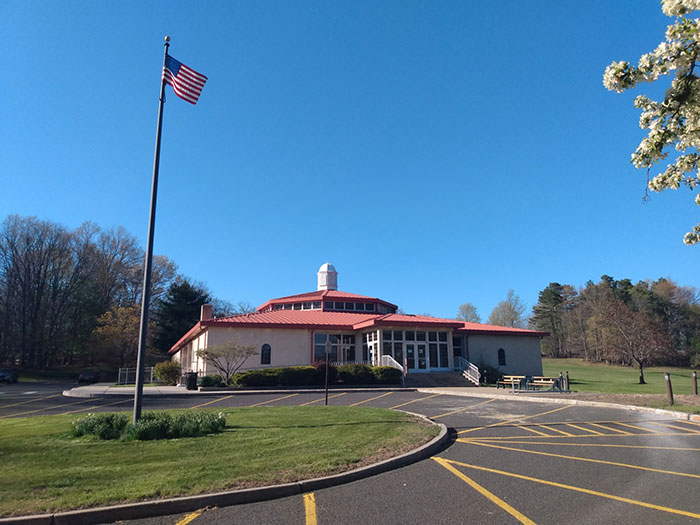
In the 21st Century, libraries are repositories and disseminators of knowledge. Whether that information comes from a book, multimedia, or digital sources, information from libraries is verified in an age when errors, misinformation or outright lies populate internet websites.
“I think in this day and age the real science, if you will, to good librarianship is building the communities,” says Beth Henderson, Principal Librarian at the Howell Library, “because the libraries are now seen as community hubs.” Henderson, who owns a Master’s degree in Library and Information Services from Drexel University, has some 20 years’ experience managing libraries and has been a mainstay in Howell for the past six years.
The iconic image of the library conjures up thoughts of individuals rifling through the card catalogue and hastily scrawling the corresponding Dewey Decimal System number associated with the book they need. Once the text was found, that person would whisper to a friend as a librarian peers over her glasses while pressing an index finger to her lips to maintain silence.
“People don’t have that expectation that everywhere in the library is going to be a quiet space,” says Tolchin. “If you come to our reference desk, the reference librarian is talking to the patron, so it’s not quiet there. The shushing librarian is really not part of what this team is anymore.”
The library of the Twenty-First Century doesn’t simply house books, it safeguards reliable information and knowledge. Just as with the rest of the world, the Howell Library, as well as the entire Monmouth County Library system, have become increasingly electronic, with online services that serve member communities in a number of ways. This transition became all the more crucial in March, 2020.
“When the pandemic hit,” explains Tolchin, “we got up and operational within two days after our closure by offering remote services. People could still call the library and get the information that they needed, or access to electronic collections that they might not have had. We deployed a whole system of librarians where they had their laptops, were working from home, and they had telephones. So, if you called the library at their regular number, it would automatically forward to [the librarian’s] home. It was just amazing that we were able to do that during the closure.”
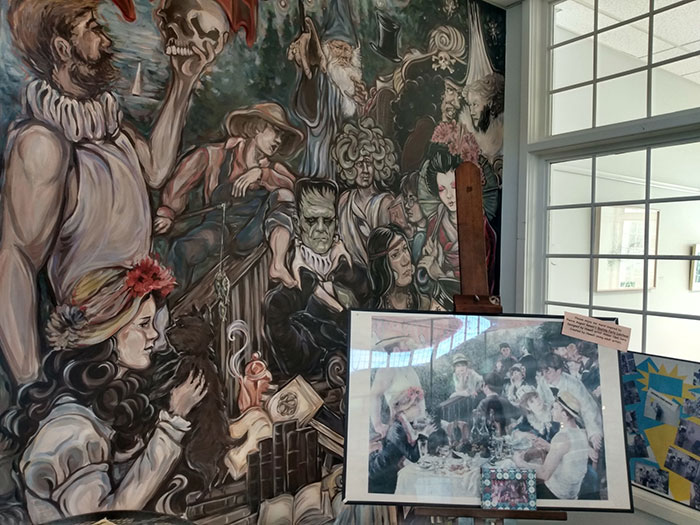
The value of the library was highlighted during the pandemic, as it not only served as the source of literary material, but became the place where locals turned for answers. According to Tolchin, librarians were fielding calls on where one could get a vaccine, how to go about filing for unemployment, or get access to services individuals needed during that critical time. Additionally, users could access online sources and even do a “virtual chat reference” to get the answers and information they needed.
Similarly, during the COVID lockdown, individuals could still participate in book discussions remotely, or see other types of entertainment. For facilities such as group homes or senior care facilities, these services became invaluable, as they were offered at no charge.
“It was huge,” echoes Henderson about the library’s role during the height of the pandemic. “The services that we were providing during that time, and that changing picture of libraries and communities, and [its] role, is really where current librarianship is. It’s definitely a profession that’s in flux.” These services, which were borne out of necessity during the most restrictive stages of the Covid pandemic, were so appreciated that they continue to this day.
“The chat, and the virtual reference,” explains Henderson, “have turned out to be so popular among our constituents that we are continuing to do that now. Anybody can go online and email a question, an issue, whatever it might be, and there’s someone from either the reference or the circulation staff to address the issues [and] answer the questions.”
While the Howell Library still has row upon row of physical books, patrons may also rent videos, or read the latest periodicals or newspapers free of charge. Tutors may arrange to use a private room at the library to instruct students, and individuals requiring the use of a computer may easily find free access to one. Many patrons will now enter the library with their own devices, such as laptops or smart phones just to make use of the internet connection so that they may conduct remote interviews for jobs.
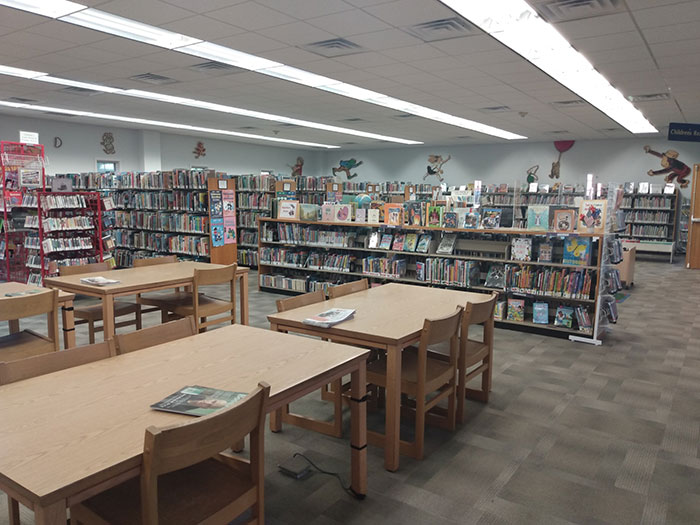
“In some of our libraries,” explains Tolchin, “we do have a space where people can get that meeting room in order to conduct their interview, or to be able to have a small study group. Our way of doing things, and having to improve our electrical infrastructure to facilitate those changes, is one of the things that we plan for and try to remedy as the needs change in our community.”
At a time when inflation is on the rise and people are looking to cut costs, libraries offer access to a variety of entertainment at no fee to the user. Whether it’s a new bestseller, the blue ray collection of a premium channel television show or reliable Wi-Fi, libraries can provide it for free. They are treasure troves of knowledge and information, staffed with expertly trained individuals who can guide patrons through the maze of data to the destination they are seeking. In addition, the Howell Library has an outdoor garden and even an arboretum that the public can enjoy.
“They should not be the best kept secret in a community,” concludes Henderson, emphasizing the importance of public libraries. “There’s just so much that we offer. I would really encourage people to come by, chat with us, poke around. See what’s here. We are offering an awful lot to the community.”



